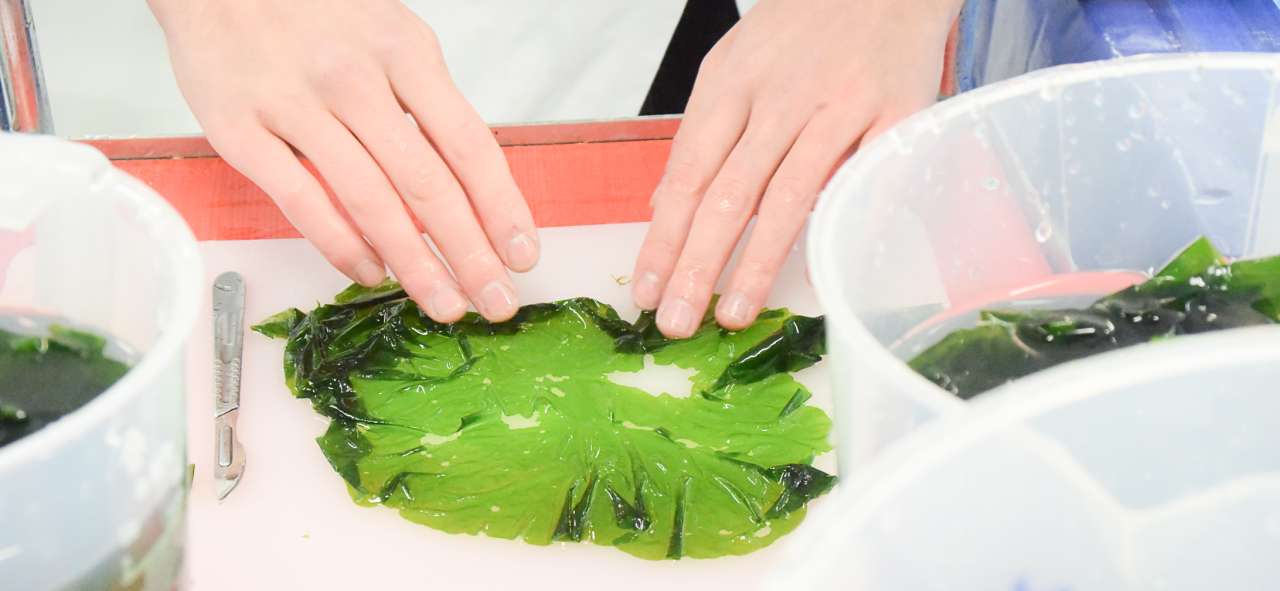About us
Norwegian Institute of Bioeconomy Research (NIBIO) is to contribute to food security and safety, sustainable resource management, innovation and value creation through research and knowledge production within food, forestry and other biobased industries.

Organization chart of NIBIO
February 1, 2026
Map of NIBIOs research stations and offices across Norway
AddressesThe goal of the Institute is to contribute to food security, sustainable resource management, innovation and value creation through research and knowledge production within food, forestry and other biobased industries. NIBIO provides research, management support, and knowledge to enhance national resilience, benefit businesses, and contribute to society as a whole. Approximately 750 employees are present in all parts of the country. The main office is located at Ås in Akershus, just outside Oslo.
NIBIO is subject to the Ministry of Agriculture and Food as an administrative agency with special authorization and its own supervisory board.
Publications
Editors
Camilla BaumannAbstract
No abstract has been registered
Editors
Camilla BaumannAbstract
No abstract has been registered
Editors
Camilla BaumannAbstract
No abstract has been registered
Editors
Camilla BaumannAbstract
No abstract has been registered
Editors
Randi HesjedalAbstract
No abstract has been registered
Editors
Camilla BaumannAbstract
No abstract has been registered
Editors
Ragnar Våga PedersenAbstract
Brochure in English about NIBIO. NIBIO contributes to food security and safety, sustainable resource management, innovation and value creation through research and knowledge production. Multi-disciplinary and integrated activities Science-policy-stakeholder interactions
Editors
Camilla BaumannAbstract
No abstract has been registered
Editors
Camilla BaumannAbstract
No abstract has been registered
Editors
Camilla BaumannAbstract
No abstract has been registered
